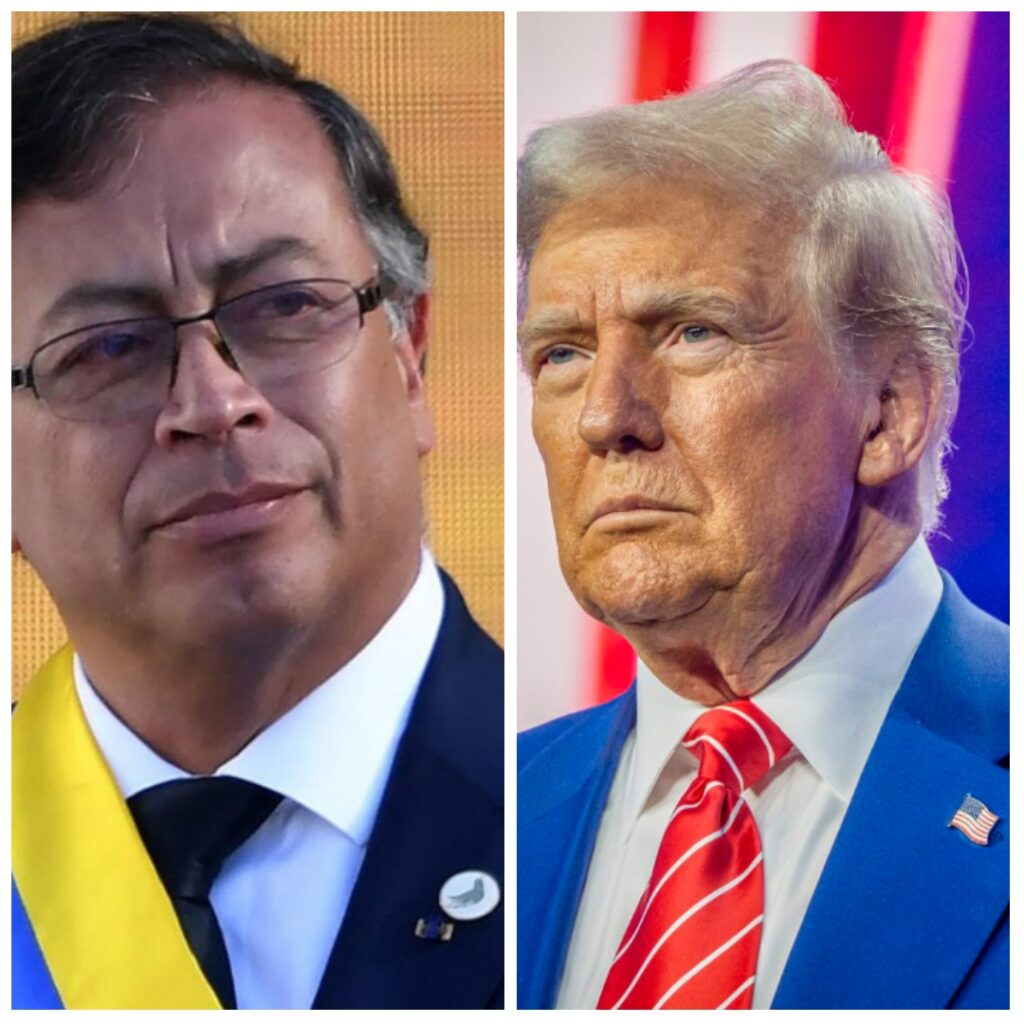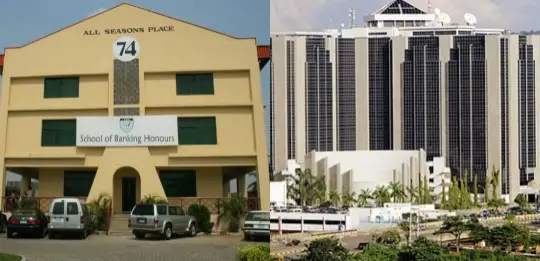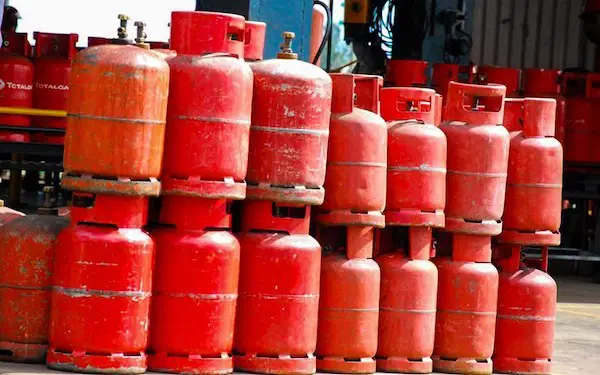
Colombian government has imposed 50 percent on goods from the United States in retaliation to President Donald Trump’s sanctions for not accepting deported migrants.
The Colombian President, Gustavo Petro, also announced his government would not accept flights carrying migrants deported from the U.S. until the Trump administration creates a protocol that treats them with “dignity.”
Petro made the announcement in two X posts, one of which included a news video of migrants reportedly deported to Brazil walking on a tarmac with restraints on their hands and feet.
A migrant is not a criminal and must be treated with the dignity that a human being deserves,” Petro said.
“That is why I returned the U.S. military planes that were carrying Colombian migrants… In civilian planes, without being treated like criminals, we will receive our fellow citizens.”
Earlier on Sunday, Trump said that he was ordering tariffs, visa restrictions and other retaliatory measures to be taken against Colombia after its government rejected two U.S. military flights carrying migrants.
After Trump’s announcement, Petro announced in a post on X that he had ordered the “foreign trade minister to raise import tariffs from the U.S. by 25%.”
Colombia accepted 475 deportation flights from the United States from 2020 to 2024, fifth behind Guatemala, Honduras, Mexico and El Salvador, according to Witness at the Border, an advocacy group that tracks flight data. It accepted 124 deportation flights in 2024.
Last year, Colombia and other countries began accepting U.S.-funded deportation flights from Panama.
U.S . Secretary of State Marco Rubio in a statement said Petro “canceled his authorization” for the flights when the aircraft were in the air.
No official order had been issued as of Sunday afternoon that would allow for the implementation of the measures Trump announced.
“This is a clear message we are sending that countries have an obligation to accept repatriation flights,” a senior administration official told the AP. The official spoke on the condition of anonymity because they were not authorized to discuss issue publicly.
Colombians emerged in recent years as a major presence on the U.S. border with Mexico, aided in part by a visa regime that allows them to easily fly to Mexico and avoid trekking though the treacherous Darien Gap.
They ranked fourth with 127,604 arrests for illegal crossings during a 12-month period through September, behind Mexicans, Guatemalans and Venezuelans.
Mexico hasn’t imposed visa restrictions on Colombians, as they have on Venezuelans, Ecuadoreans and Peruvians.
The U.S. government didn’t immediately respond to a request for comment from The Associated Press regarding aircraft and protocols used in deportations to Colombia.


